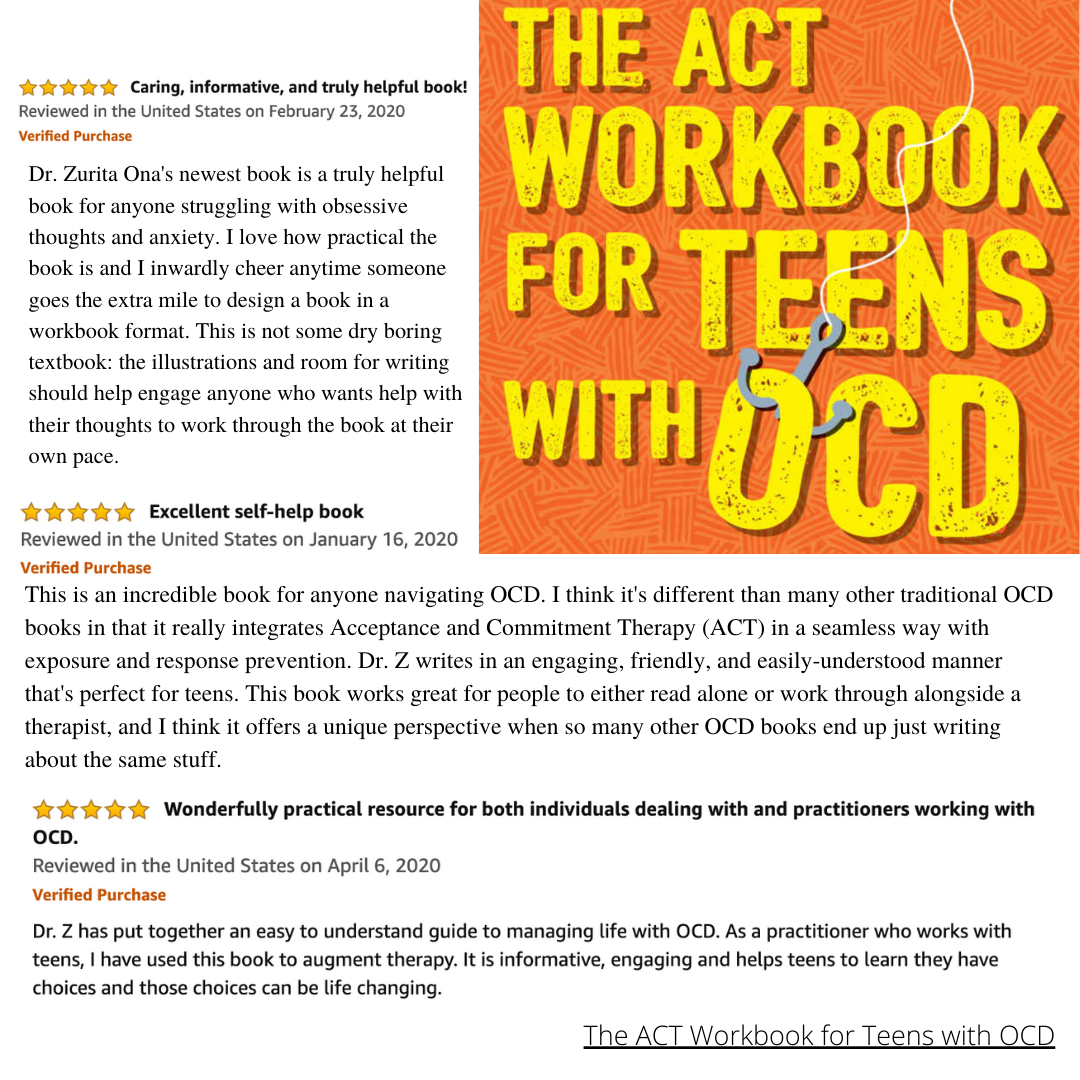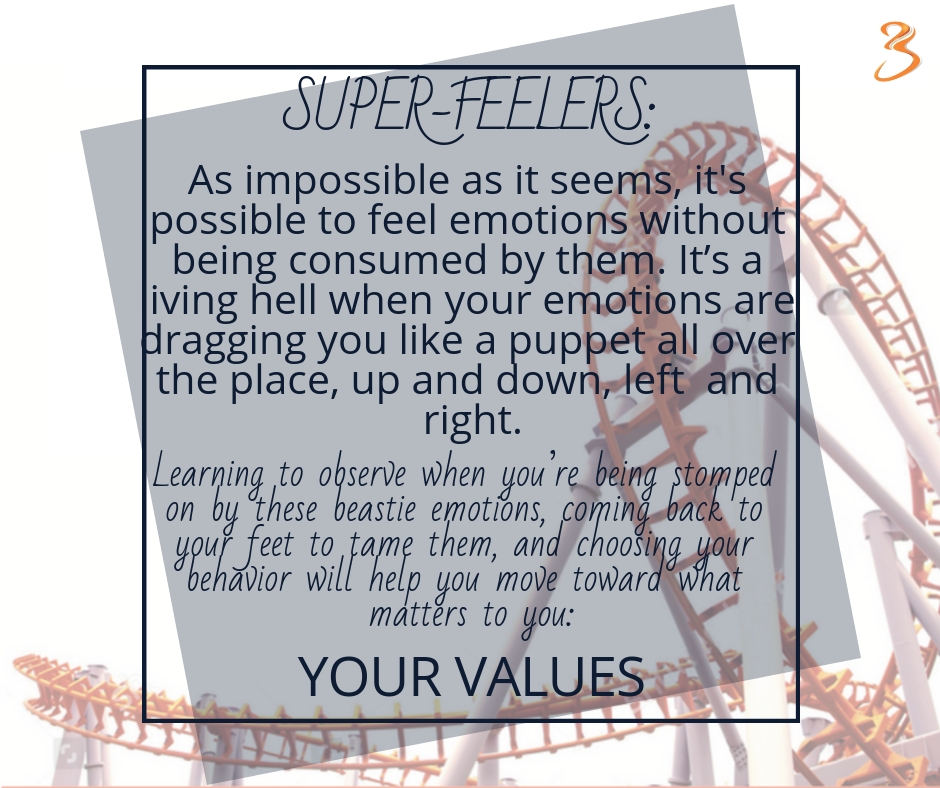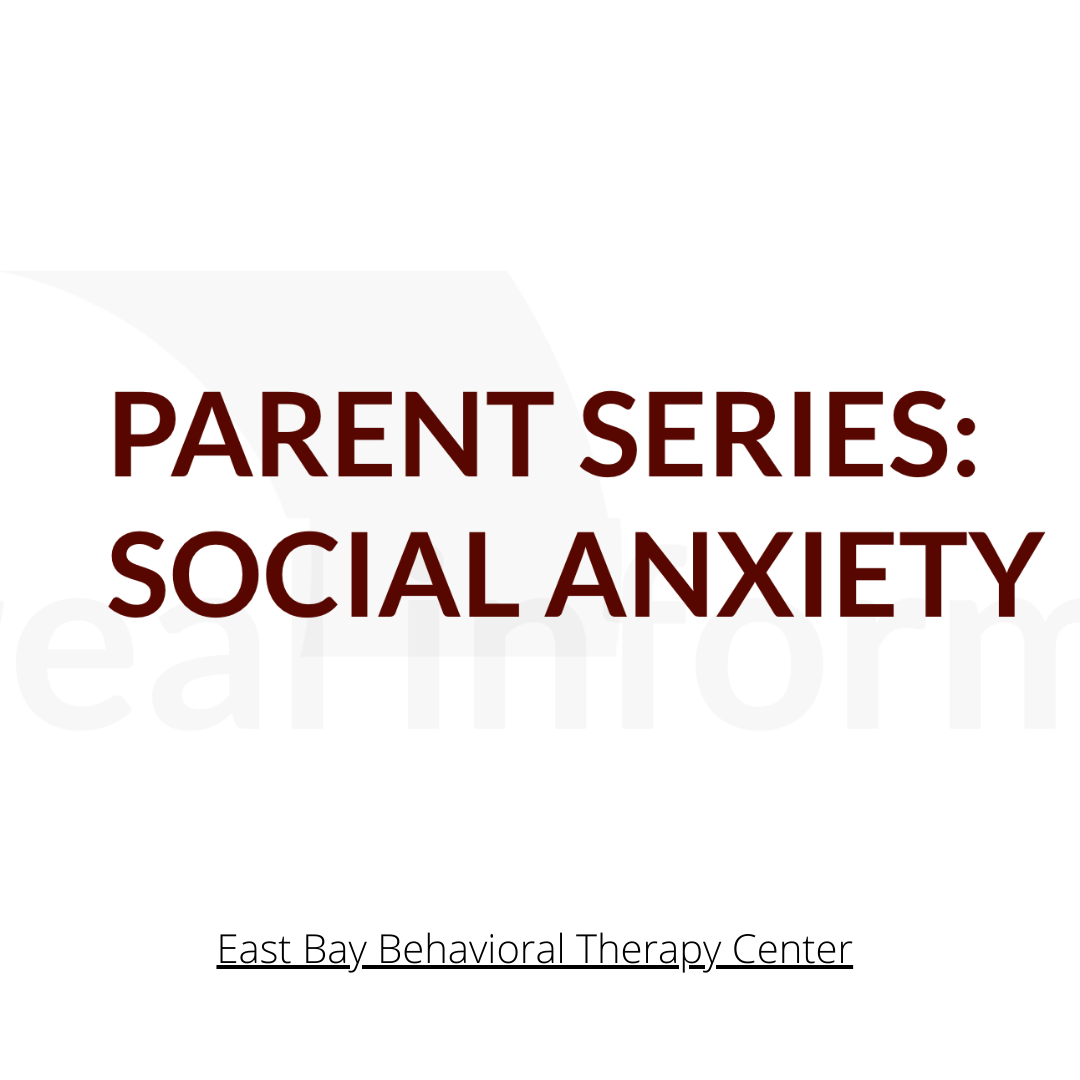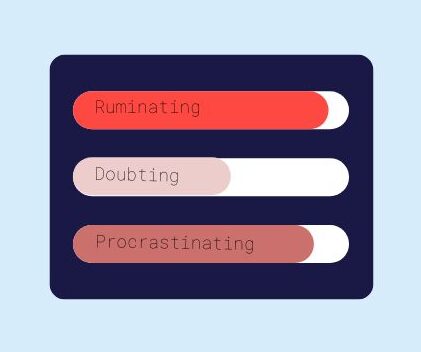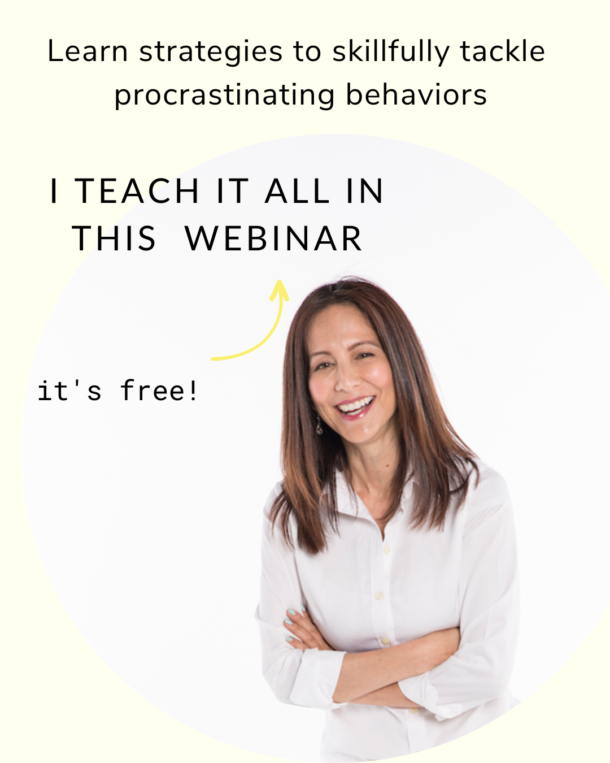On November 8th, 2012 a new DBT skills module on Emotion Regulation will start at the East Bay Behavior Therapy Center. Emotion regulation skills refer to the “ability to control one’s response to emotions.” Emotions are complex systems formed by neural and chemical components designed to maintain an individual alive since they provide information about internal reactions and environmental variables. The challenge is that it’s not part of our socialization or educational systems to teach people how to deal with emotion (s) which may lead to mild to severe emotion regulation problems.
Emotion regulation problems are characterized by an individual’s experiencing emotions “too much, too quickly, with a slow return to an emotional baseline level, and based only in short-term consequences”. For instance, I sometimes hear about situations that may suggest difficulties regulating emotions such as “when I was at the grocery store and a woman pushed me, it kind of like set the tone for the rest of my day; I couldn’t let it go. I felt like screaming at this person, so I told her a couple of things that will make her think about what she did. The downside is that my boyfriend got upset with me because of my reaction and now I’m feeling guilty about what happened.” The above situation highlights the notion that when emotions are in control, people approach a situation based strictly on the emotion and not on what is most effective in that particular moment. Behaviors that are driven by an emotion are called “emotion-driven behaviors” which are different from behavioral responses that are consistent with an individual’s personal goals and the result of a conscious choice (strategic-behaviors). Emotion-driven behaviors are one of the major sources of psychological problems because they’re reactive and only based in short-term results.
 Daniel Goleman, a pioneer in the area of emotion theory, has suggested that Emotion Intelligence is “a form of social intelligence that involves the ability to monitor one’s own and others’ feelings and emotions, to discriminate among them, and to use this information to guide one’s thinking and action.” Therefore, emotion regulation abilities are extremely important because they allow an individual to display emotional competence, which has been related to general success and higher levels of leadership, even more than cognitive attributes (Goleman, 1998).
Daniel Goleman, a pioneer in the area of emotion theory, has suggested that Emotion Intelligence is “a form of social intelligence that involves the ability to monitor one’s own and others’ feelings and emotions, to discriminate among them, and to use this information to guide one’s thinking and action.” Therefore, emotion regulation abilities are extremely important because they allow an individual to display emotional competence, which has been related to general success and higher levels of leadership, even more than cognitive attributes (Goleman, 1998).
 Dialectical Behavior Therapy (DBT) exclusively targets emotion regulation problems and has proven to be significantly effective for the treatment of various psychological problems such as depression, anxiety, substance abuse, eating disorders, & trauma.
Dialectical Behavior Therapy (DBT) exclusively targets emotion regulation problems and has proven to be significantly effective for the treatment of various psychological problems such as depression, anxiety, substance abuse, eating disorders, & trauma.
The upcoming module on emotion regulation will cover an array of strategies for responding effectively to emotions on a daily basis. Specifics topics include:
- Myths of emotions.
- Model of emotions.
- Reducing cognitive vulnerability.
- Reducing physical vulnerability.
- Mindful observation of current emotion.
- Opposite action.
All of the above skills applied on a regular basis will allow you to decrease problematic emotion-driven behaviors and increase your ability to cope effectively with daily life problems.
___________________________________________________________________________
Patricia E. Zurita Ona, Psy.D. is a psychologist at the East Bay Behavior Therapy Center. Dr. Zurita Ona can be contacted at ebbehaviortherapycenter@gmail.com
